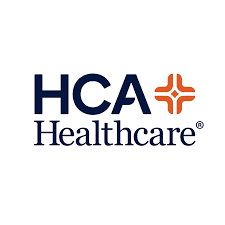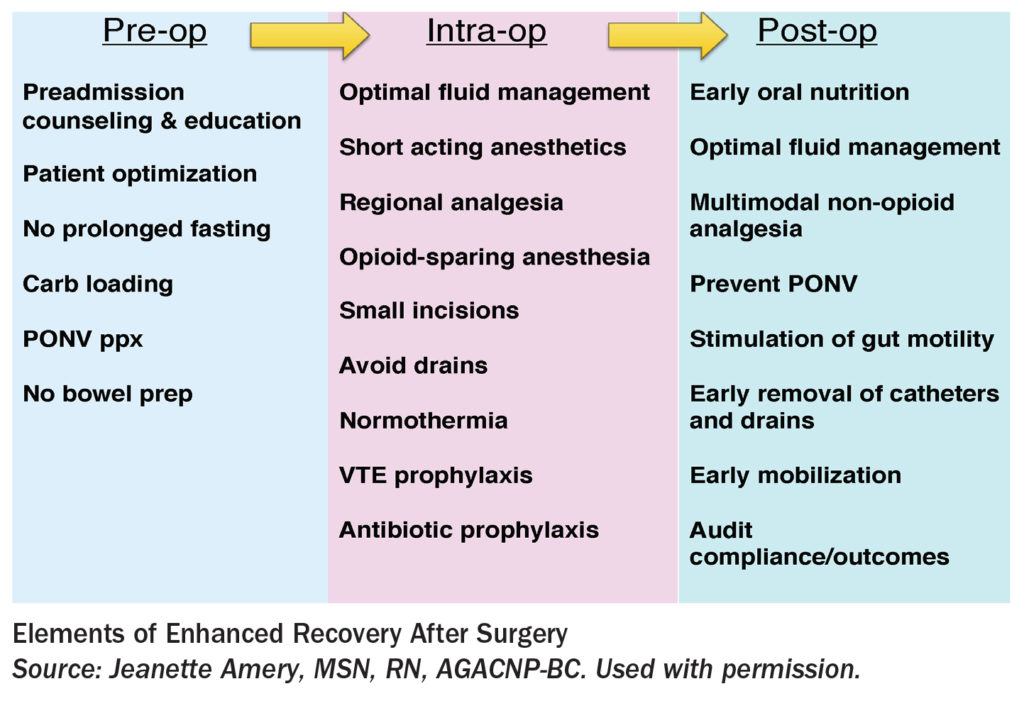ERAS for orthopedic trauma management
Editor's Note ERAS can become the standard of care for orthopedic trauma patients, especially with advances in technology integration, precision medicine approaches, and adaptation to resource-limited settings. This is according to a December 17 narrative review in Cureus that examined the current evidence for ERAS implementation in orthopedic trauma care.…
ERAS benefits in older colorectal surgery patients
Editor's Note Enhanced recovery after surgery (ERAS) procedures showed benefits among older patients with colon cancer and other comorbidities, without compromising results, according to study findings published December 11 in Frontiers in Surgery. Investigators evaluated postoperative complications and length of stay in colorectal cancer patients undergoing ERAS compared with non-ERAS…
Ketamine fails in surgical recovery trial
Editor's Note Ketamine tested for pain relief in a large, placebo-controlled, randomized trial posed side effects and did not support patient recovery after major surgery, according to findings published in the British Journal of Anesthesia and discussed in a December 3 news story from Vanderbilt University Medical Center. Ketamine has…
ERAS guideline in development for cervical neck decompression surgery
Editor's note Enhanced Recovery After Surgery (ERAS) guidelines continue to evolve for specific procedures with the goal to optimize patient recovery and surgical outcome. There is a recognized need for consensus on ERAS recommendations specific to surgery for moderate to severe degenerative cervical myelopathy (DMC)—progressive compression of the spinal cord…
Report: Hospitals can cut anesthesia costs, burnout through tech-driven partnerships

Editor's Note Hospitals can reduce anesthesia costs by up to 30% and significantly curb provider burnout by embracing technology-enabled collaboration with anesthesiology practices, Surgical Directions August 27 reports. The report outlines how rising demand, workforce shortages, and variable pay structures have pushed anesthesia expenditures up sharply in recent years. Traditional…
C-sections linked to longer recovery, higher pain, sleep problems for new mothers

Editor's Note Cesarean delivery remains the most common major surgery in the US, but new evidence highlights its impact on recovery, pain, and sleep health for mothers. In an American Medical Association (AMA) interview published by HCA Healthcare Today on October 10 and new research presented at the ANESTHESIOLOGY® 2025…
Standardized pathways cut costs, hospital days in pediatric surgery without raising complication rates

Editor's Note Standardized perioperative protocols can reduce hospital stays and costs for children undergoing surgery without affecting complication rates, JAMA Surgery August 20 reports. As detailed in this original investigation, the researchers evaluated the Minimizing Variance in Pediatric Surgery (MViPS) program, a fellow-led initiative launched in 2013 across two academic…
ASC improves hospital efficiency, maintains outcomes despite higher-acuity joint replacement patients

Editor's Note Opening a hospital-affiliated ambulatory surgery center (ASC) can shift healthier patients out of the hospital without compromising outcomes for those who remain, according to a new study published in the Journal of the AAOS Global Research & Reviews in April 2025. The retrospective analysis from Luminis Health Anne…
Study: ERAS protocol reduces opioid use after cardiac surgery

Editor's Note Implementing a multimodal analgesia-based enhanced recovery after surgery (ERAS) protocol significantly reduced both intraoperative opioid administration and postoperative opioid prescriptions in cardiac surgery patients, according to a January 5 report in Anesthesiology News. The findings were presented at the 2024 International Anesthesia Research Society meeting by Montefiore-Einstein Center…
Blast from the past: Best practices for successful implementation of ERAS

Enhanced Recovery After Surgery (ERAS) represents a transformative approach in modern surgical care, emphasizing evidence-based, multidisciplinary protocols to optimize patient recovery. Spanning decades, ERAS has grown from a novel concept into a global standard for perioperative care, with benefits that include shorter hospital stays, fewer complications, and reduced healthcare costs.…

 Free Daily News
Free Daily News